As we enter the first month of 2024, FinTech Global spoke to Hari Menon, Partner, SVP and ESG Product Head at AI-powered wealth management solution IntellectAI, about the major ESG trends of 2023 and his predictions for 2024.
Hari pointed to two major trends within ESG during 2023. The first of these was the rapid adoption and hype around AI technology. It is no secret how popular AI proved to be in 2023, with the technology dominating discussions around innovation. The same was within the ESG space, with many exploring potential use cases. NatWest was among those excited about the prospect of AI and launched an AI solution to enhance ESG data for SMEs. HSBC also joined the hype and released an ESG Index that was backed by AI and Nasdaq launched its Sustainable Lens, which is an AI-powered SaaS platform helping investors manage and interpret ESG data. These were just a handful of examples of firms working with AI to improve their ESG capabilities.
The second biggest trend was a drop in ESG investments, which was caused by macro-economic challenges and greater focus on cost and essential changes, he said. Tough market parameters meant a lot of sectors were struggling, in fact, Innovate Finance estimates global FinTech investment dropped by 48% in 2023 compared to the previous year. However, ESG managed to remain relatively stable, with KPMG’s data highlighting ESG FinTech investments were projected to end 2023 at $28.8bn, slightly down from $29.4bn in 2022.
At the start of the year, FinTech Global asked companies what they thought the biggest trends of the year would be. In relation to ESG, regulation proved to be the popular talking point, with there being an expectation more ESG regulations would be on the way.
Regulation in ESG was a mixed bag. There were some sizable developments, notably firms in Europe preparing for the impending implementation dates of CSRD and ESRS, which went into effect in January 2024. However, there was also pushback against more regulation, with Republicans and Democrats in the US having numerous battles across the year with some states trying to stop ESG considerations in investments and others enforcing them. Then there were the COP28 pledges, including a pledge to invest in carbon reduction technologies, a fund for developing countries impacted by climate change and a crackdown on methane emissions.
As to whether ESG regulatory change lived up to the initial expectations, Hari believes regulatory changes during 2023 did not really align with initial expectations. “While there was a general anticipation of comprehensive regulatory shifts within ESG, the actual developments mostly revolved around peripheral adjustments rather than core regulatory transformations.”
While the challenging financial market might have meant 2023 was a tough year for some companies, it was quite the opposite for IntellectAI. Hari said, “We have had our best year yet on ESG. We exceeded our expectations, with our ESG Edge product managing customer investments surpassing $1.5 trillion. This achievement is a testament to our product’s effectiveness in guiding our clients towards sustainable investment decisions.”
As to what Hari believes were some of the biggest success stories of the year for the company, it pointed to the implementation of its ESG Edge solution for one of the world’s largest sovereign funds. This solution is now being used to tackle one of the most complex AI-driven ESG use cases globally, he said. Another notable highlight from 2023 was IntellectAI’s inclusion in the ESGFinTech100 list, as well numerous other accolades it received from around the world.
Looking ahead to 2024
As for 2024, Hari is expecting AI to play another key role. He said, “We think the AI disruption of the whole segment and how commoditised some of the essential data will become over the next 12 months is going to be a big change and potentially a big challenge for many existing ESG data providers in the market.”
Hari also predicts interactive ESG intelligence will gain momentum in the coming year, with its ability to give advisors and analysts a better view of ESG insights. One final trend Hari was interested in seeing play out was whether COP28 pledges would help push regulatory changes over the next year.
There is never a year without any challenges and Hari is predicting a couple of major obstacles for the sector to overcome. The first of these is a continued decline in investment by organisations in the ESG space caused by ongoing economic and geopolitical issues. In a similar vein, Hari also predicts investors might start focusing on the returns and industries during tough market conditions, rather than prioritising sustainability and potentially lower returns.
There is a concern that investors will move away from ESG as they look to improve their returns. Signs of this happening can already be seen. A report from LSEG Lipper found that funds classified as “responsible investing” recorded $68bn of net new deposits in 2023, which was down from $158bn in 2022 and $558bn in 2021. Similarly, a report from Morningstar claimed that investors have pulled $635m from US sustainable funds in Q2 2023.
However, it is not all doom and gloom and there are other reports out there offering some hope. For example, the ‘ESG Data Acquisition & Management Survey 2023’ report, a collaboration between Bloomberg and Adox, found that a staggering 92% of executives are readying themselves to increase their investments in ESG spheres, with at least a 10% hike anticipated. Similarly, FT-Longitude, surveyed 1,000 CFOs and senior finance leaders across 21 countries and 13 industry sectors and found ESG investment was the top long-term investment priority for CFOs, despite budget cuts. However, about 37% of CFOs still plan to cut or pause their ESG spending in the near term. ESG investment in 2024 is likely to be a mixed bag.
On a final note, Hari expressed that he was cautiously optimistic about 2024 for ESG. He said, “The transformation in technology, especially AI, is set to make ESG solutions more accessible, affordable, and appealing to a broader spectrum of stakeholders, including organisations, advisers, investors, and customers. Furthermore, the commitments made during COP28 are expected to catalyse more proactive measures by governments in the ESG space.”
Keep up with all the latest FinTech news here
Copyright © 2024 FinTech Global


